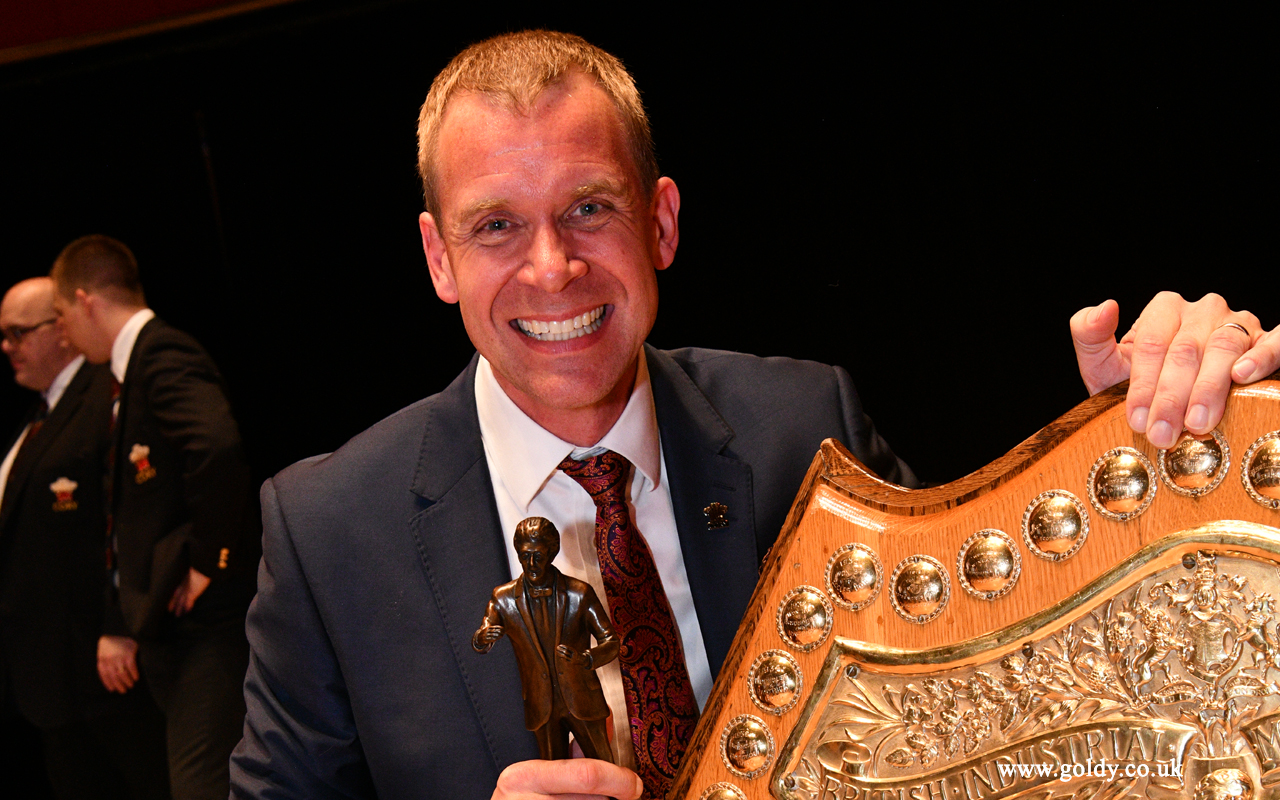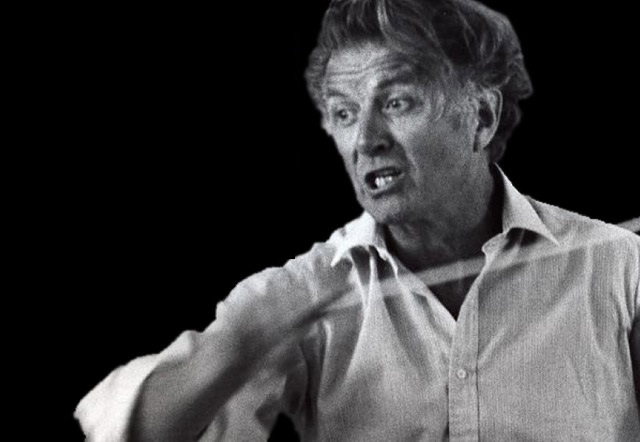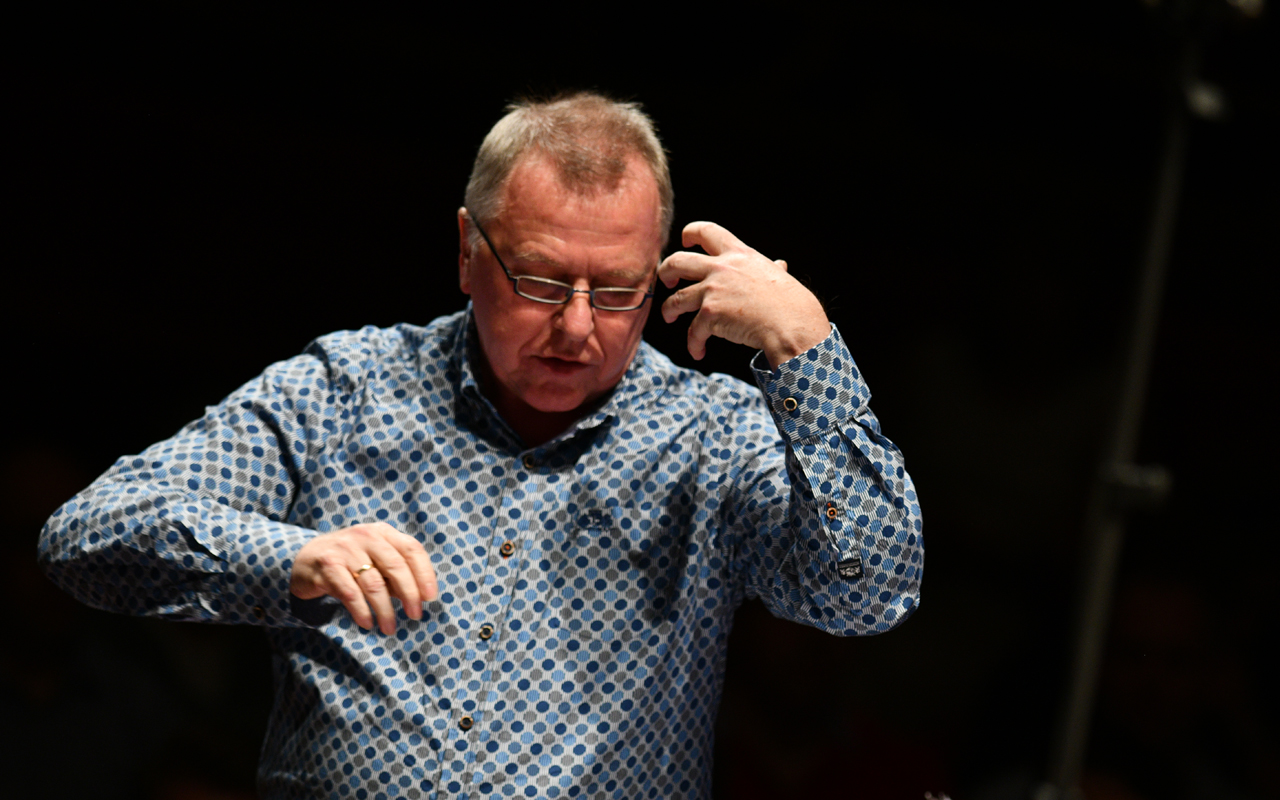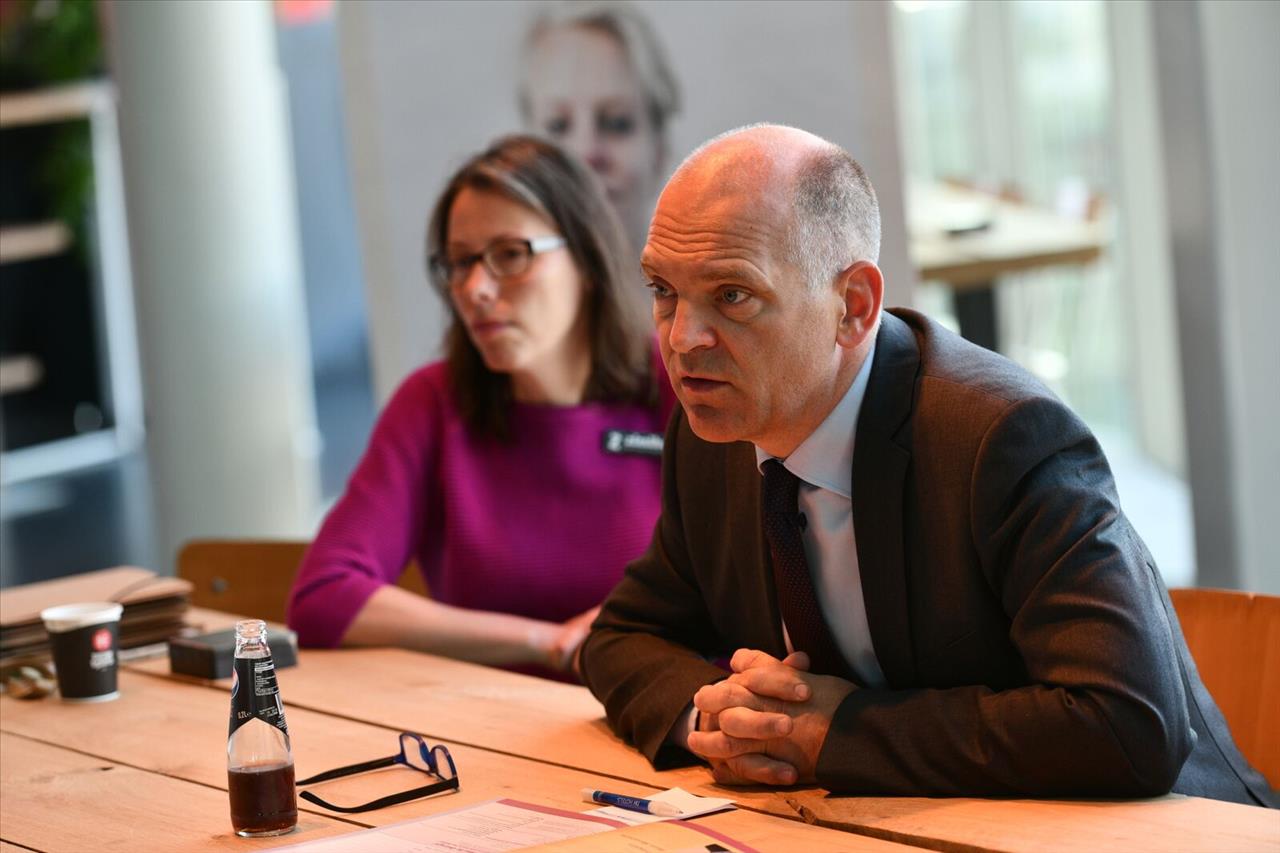
Logan's run eventually came to an end too
Anyone who enjoyed watching the recent HBO television series ‘Succession’ will now be able to appreciate that the transition of long-term power comes with far more tricky questions than cast iron answers.
As Logan Roy prepared to take his leave of the company that was built in his identity, his siblings fought like rats in a sack to replace him at the helm. Not only that, but others also fancied stepping into his shoes to expand their sphere of influence.
Ambition, treachery, deceit
In the end it played out like a Shakespearean tragedy – ambition, treachery and deceit rolled into a gloriously foul-mouthed denouement that made King Lear look like a squabble between the Mitchell brothers over a pint at the Queen Vic.
The stakes are high. Making the right choice can bring a transition that retains stability and success. Get it wrong and it can quickly become a poisoned chalice that leads to destructive decline.
Planning for a succession (expected or unexpected), especially when the incumbent has been a such an omnipotent figure in any organisation is a proposition fraught with uncertainty.
The stakes are high. Making the right choice can bring a transition that retains stability and success. Get it wrong and it can quickly become a poisoned chalice that leads to destructive decline.
Stiletto
Finance, sport, politics (especially), the arts – and even brass banding. Cock it up and the early congratulatory pats on the back to welcome a new era appointment can soon become a stiletto between the shoulder blades to send them on their way.
Cock it up and the early congratulatory pats on the back to welcome a new era appointment can soon become a stiletto between the shoulder blades to send them on their way.
For every Bob Paisley at Liverpool there is a David Moyes at Manchester United. For every Angela Merkel there is a Liz Truss. No wonder the offspring of media tycoon Rupert Murdoch will not wish to end up in the same pickle as those of Robert Maxwell.

The right choice
Succesful
Perhaps the most successful transition of banding power of the 21st century came at Cory. In 2012 Bob Childs had been at the helm for 12 years, transforming them into the world’s number 1 ranked band thanks to multiple Championship victories. He picked his time to go.
The chosen successor has arguably been even more successful: Philip Harper (also coming up to 12 years with the baton) already winning four European and National Championships, three British Opens, eight Brass in Concert and five Welsh Area titles.
That’s one that an organisation certainly got right.
Messy end
A little further back in time though and in 1989 the transition at Black Dyke certainly didn’t work out as hoped, as the hugely successful Major Peter Parkes era came to a messy, rather undignified end (following on from what was reported as a ‘heated’ Annual General Meeting). He certainly didn’t pick his time to go.

The Major Parkes era came to a rather messy end
Ousted
The chosen successor was a 32-year-old David King - described as “one of the most daring appointments in the history of the Queensbury band”.
Despite the Australian winning two Europeans and a Yorkshire Area, he was gone within two years – the ‘British Bandsman’ headlining the news with ‘King ousted for Watson’.
Despite the Australian winning two Europeans and a Yorkshire Area, he was gone within two years – the ‘British Bandsman’ headlining the news with ‘King ousted for Watson’.
The James Watson era was certainly a success over the next eight years, although ultimately his tenure also came to a denouement full of accusations and distrust.
Thankfully for the Queensbury management, the man they chose to replace him has now been in place for 23 trophy laden years and counting.

Prof Nicholas Childs has been at the helm for 23 years at Black Dyke
Musical tenure
There is little doubt that there is plenty of musical tenure left for both Prof Nicholas Childs and Philip Harper at Black Dyke and Cory – their own ambition and desire for success ensures that – yet no one can go on forever (although the incredible Frans Violet has led Brass Band Willebroek since 1979 is giving it a good go).
Others elite level bands, all hallmarked by sustained periods of stability and success, face the same future predicament.
Others elite level bands, all hallmarked by sustained periods of stability and success, face the same future predicament.
David King has been the professional MD at Brighouse since 2009, whilst Ian Porthouse has conducted Tredegar since 2007. Paul Holland has racked 12 years (in two spells) with Flowers since 2009.
European long
In Europe, Michael Bach has led Brass Band Burgermusik Luzern since 2009 and Arsene Duc has been with Valaisia since 2008, whilst Allan Withington recently left Stavanger (on his own terms) after conducting them for the past 18 years. In New Zealand, David Bremner has conducted multiple National Champion Wellington Brass since 2008.

Frans Violet has been conducting Willebroek since 1979
Final bow
Others such as conductors Reid Gilje at Eikanger (2001) or Michael Fowles at Foden’s (2009) have been integral elements to their musical success stories.
There will however come a time when they all will wish (or possibly be ‘asked’) to take their final bow. The bands will know they will be tough succession acts to follow.
The current generation who run them have certainly given long and dedicated service - as well in many cases, imposing financial commitments. However, as one observer rather icily pointed out at one recent awards presentation – ‘they are a dying breed’.
Dying breed
Meanwhile, a much more pressing transition issue surrounds our contest and representative organisations.
The current generation who run them have certainly given long and dedicated service - as well in many cases, imposing financial commitments. However, as one observer rather icily pointed out at one recent awards presentation – ‘they are a dying breed’.
Time has moved imperceptibly by; many local and regional events now finding it increasingly difficult to attract volunteers to help run a contest or concert than to get bands to perform.

Long term President - Ulf Rosenberg of EBBA
New generation
Hopefully, a new generation will be ready to take over at the major events in the banding calendar when the time comes, but where some have processes in place (such as EBBA, BBE, SBBA, some European Federations etc), others by virtue of their commercial set-up, do not.
So whilst none have yet given any indication of their desire to step away from their roles, it is worth pointing out that Ulf Rosenberg has been in post as the President of EBBA since 2007 and Philip Morris has been the leading figure in running the National Championships of Great Britain through Kapitol Promotions since 2006 (having managed it through them since 2002).
What does the future hold for the events they lead will also be open to major discussion when the times comes to ‘pass the baton’.
Martin and Karyn Mortimer have been involved in the British Open Championships from the days of Harry and Margaret Mortimer 25 years or more ago.
Pass the baton
What does the future hold for the events they lead will also be open to major discussion when the times comes to ‘pass the baton’.
For every seamless transition, as enjoyed by the British Open following the passing of Margaret Mortimer in 1999, it is worth noting that others have not always been as successful.

Despite the critics Kapitol has provided long term stability for the National Championships
Impresario
When it comes to the National Championships of Great Britain, the name of Robert Alexander should never be forgotten. When he took it over in 1975, he was described as “an impresario, an entrepreneur with extensive business interests”.
He was also a wrong ‘un. By the time Boosey & Hawkes bailed him out and took control of the National Championships in 1981 they had to pay outstanding debts of around £11,000 (just over £40,000 as of 2023)
When they finally collapsed around 20 years later, Kapitol stepped in, offered and then delivered long term stability. There is much to be said for that.
When they finally collapsed around 20 years later, Kapitol stepped in, offered and then delivered long term stability. There is much to be said and admired for that.
When any potential succession is discussed, critics and covetous eyes will always believe that they will be able to offer something new, different and even more successful than that has gone before - from new conductors to contest owners, yet none come with the guarantee of success.
A new generation’s time will eventually come to push the brass banding movement forward, yet all we can hope for is that it doesn’t play out in the same way as it did for Logan Roy.
Iwan Fox













